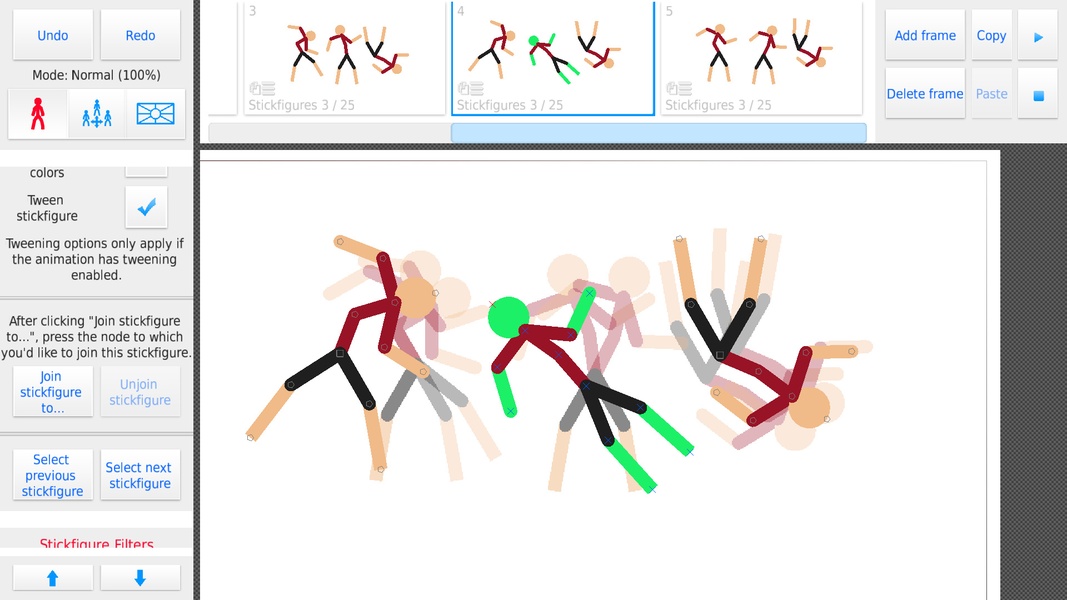Fused in sarcoma undergoes cold denaturation: Implications on phase separation
Por um escritor misterioso
Last updated 22 dezembro 2024

The mediation of fused in sarcoma (FUS) protein liquid-liquid phase separation (LLPS) is generally attributed to the low-complexity and disordered domains, while the role of its folded domains remains unknown. In this work we questioned the role of the folded domains on the full-length (FL) FUS LLPS and studied the influence of several metabolites, ions and overall conditions on the LLPS process using turbidity assays, differential interference contrast microscopy and nuclear magnetic resonance spectroscopy. We demonstrate that FL FUS LLPS is highly responsive to the surrounding conditions, and that overall intrinsic disorder is crucial for LLPS. To promote such disorder, we reveal that the FUS RNA-recognition domain (RRM) and the zinc-finger motif (ZnF) undergo cold denaturation above 0ºC, at a temperature that is determined by the conformational stability of the ZnF domain. We hypothesize that, in cold shock conditions, cold denaturation might provide a pathway that exposes additional residues to promote FUS self-assembly. Such findings mark the first evidence that FUS globular domains may have an active role in stress granule formation in cold stress.
Figure S3. Comparison of the 15 N HSQC NMR spectra of wild type Yfh1

Mass spectrometry of RNA-binding proteins during liquid-liquid phase separation reveals distinct assembly mechanisms and droplet architectures

Cold Denaturation of Yeast Frataxin Offers the Clue to Understand the Effect of Alcohols on Protein Stability
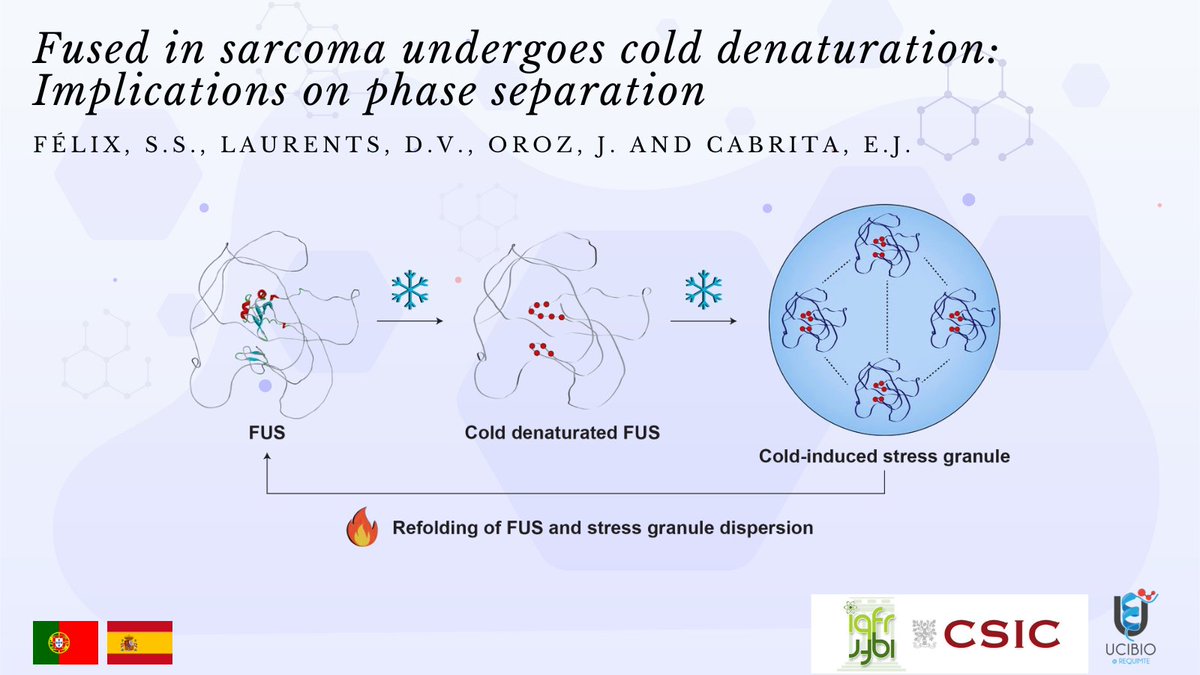
Sofia Ferreira (@Figueirinhalq) / X
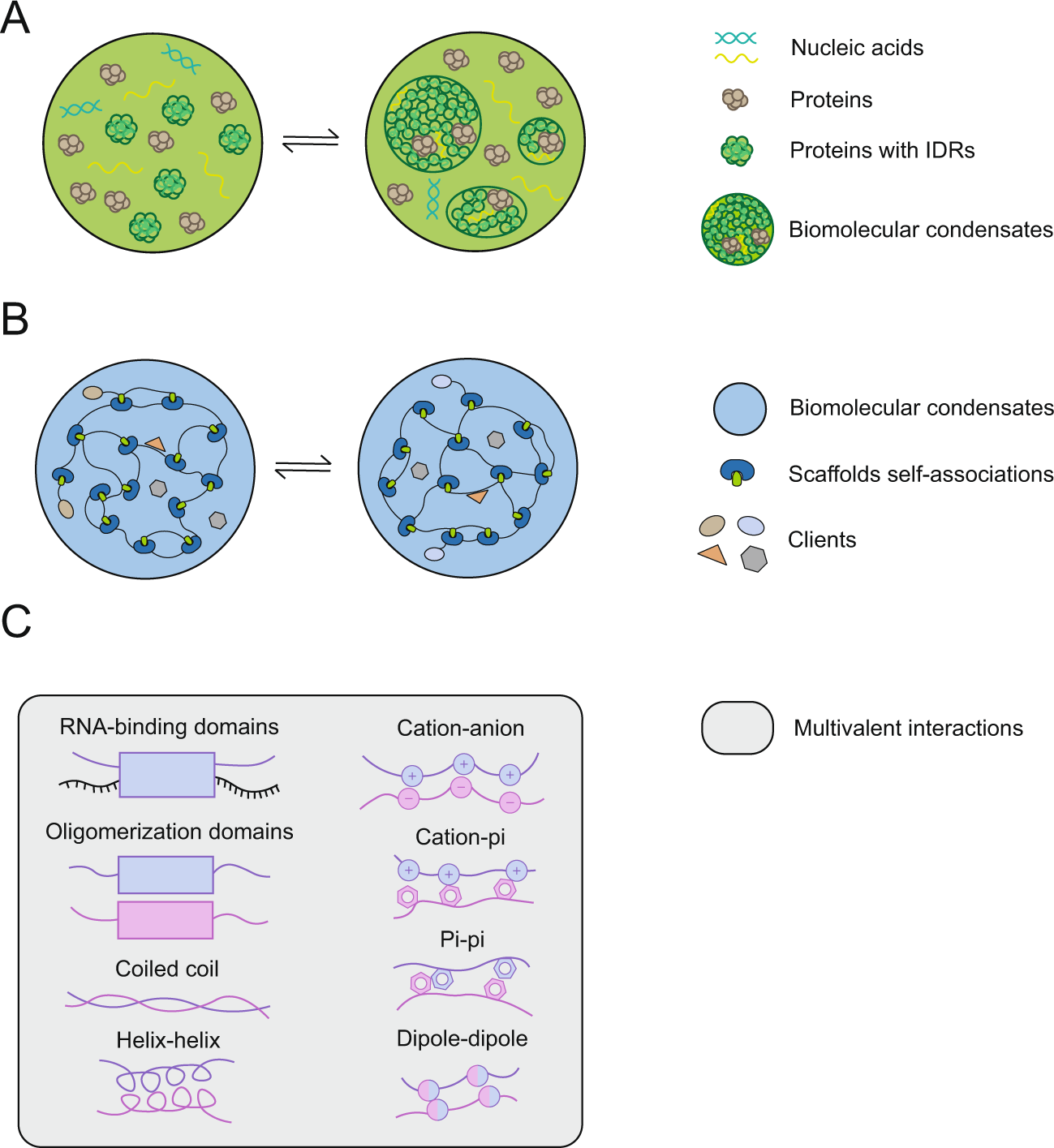
Phase separation drives tumor pathogenesis and evolution: all roads lead to Rome
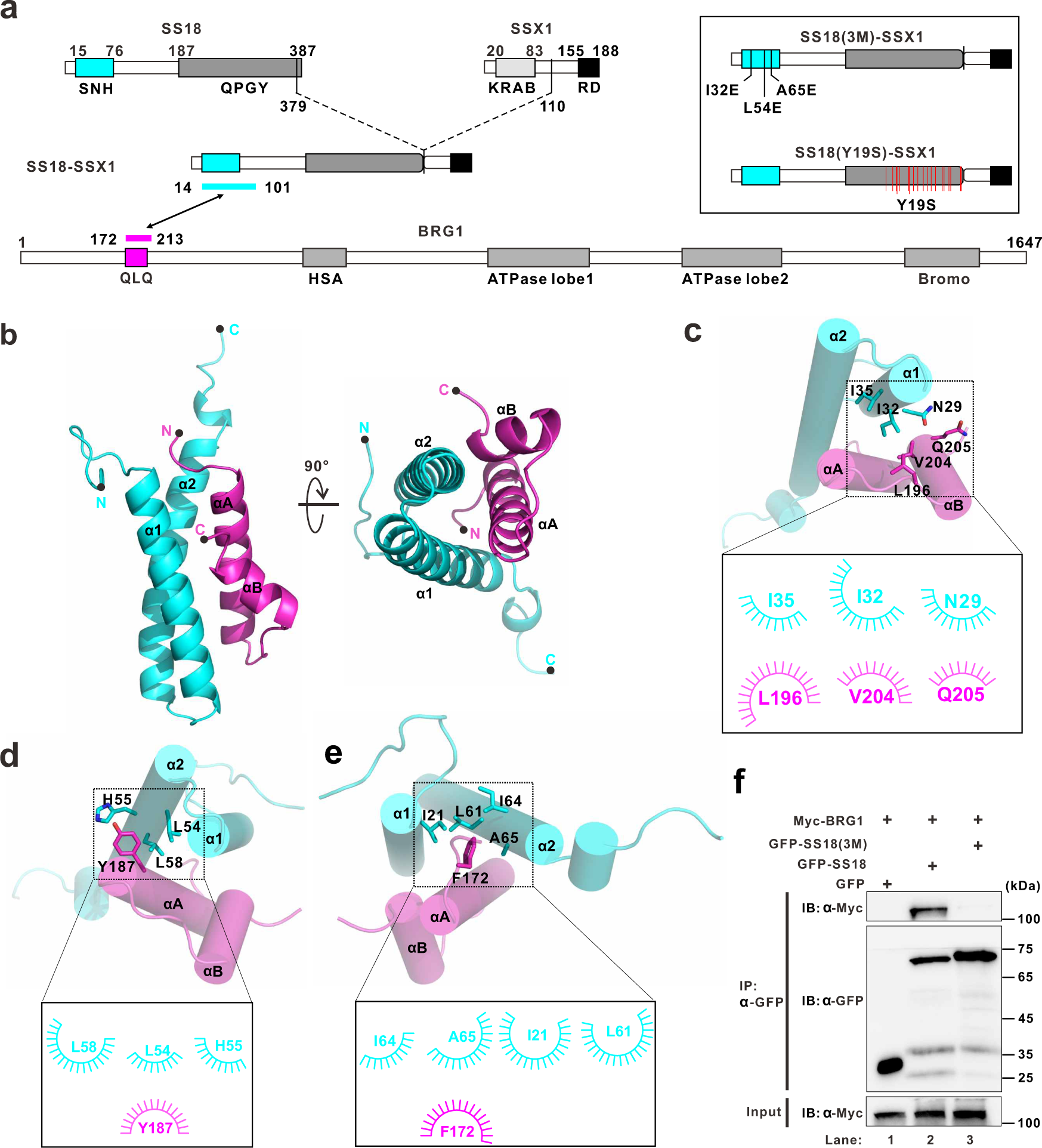
Phase transition and remodeling complex assembly are important for SS18-SSX oncogenic activity in synovial sarcomas

Ectopic biomolecular phase transitions: fusion proteins in cancer pathologies: Trends in Cell Biology

Cold Denaturation of the HIV-1 Protease Monomer
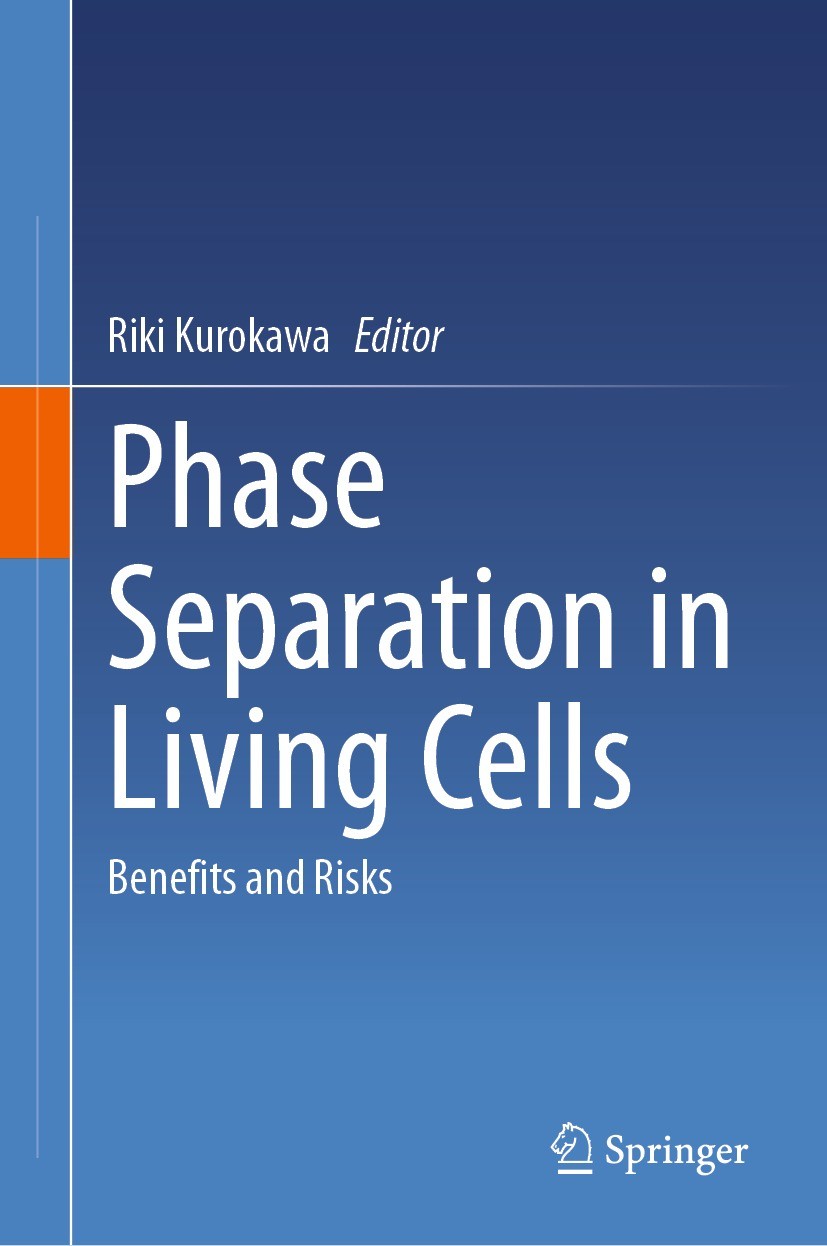
Promotion of Liquid–Liquid Phase Separation by G-Quadruplex DNA and RNA

The phase separation-dependent FUS interactome reveals nuclear and cytoplasmic function of liquid-liquid phase separation

Function and Regulation of Phase-Separated Biological Condensates

Liquid–Liquid Phase Separation and Its Mechanistic Role in Pathological Protein Aggregation - ScienceDirect

Increase in divalent cation concentration leads to dissolution of
Recomendado para você
-
Download & use Stick Nodes Pro - Animator on PC & Mac (Emulator)22 dezembro 2024
-
Stick Nodes for Android - Download the APK from Uptodown22 dezembro 2024
-
 Stick Nodes: Stickman Animator Apk Download for Android- Latest version 4.1.5- org.fortheloss.sticknodes22 dezembro 2024
Stick Nodes: Stickman Animator Apk Download for Android- Latest version 4.1.5- org.fortheloss.sticknodes22 dezembro 2024 -
About: Stick Nodes Pro - Animator ( version)22 dezembro 2024
-
 Testing New Update (Stick Nodes 4.0.6)22 dezembro 2024
Testing New Update (Stick Nodes 4.0.6)22 dezembro 2024 -
 Activity, jonaspog22 dezembro 2024
Activity, jonaspog22 dezembro 2024 -
 Reddit - Dive into anything22 dezembro 2024
Reddit - Dive into anything22 dezembro 2024 -
Any idea? #iknowhowtomakecharacter22 dezembro 2024
-
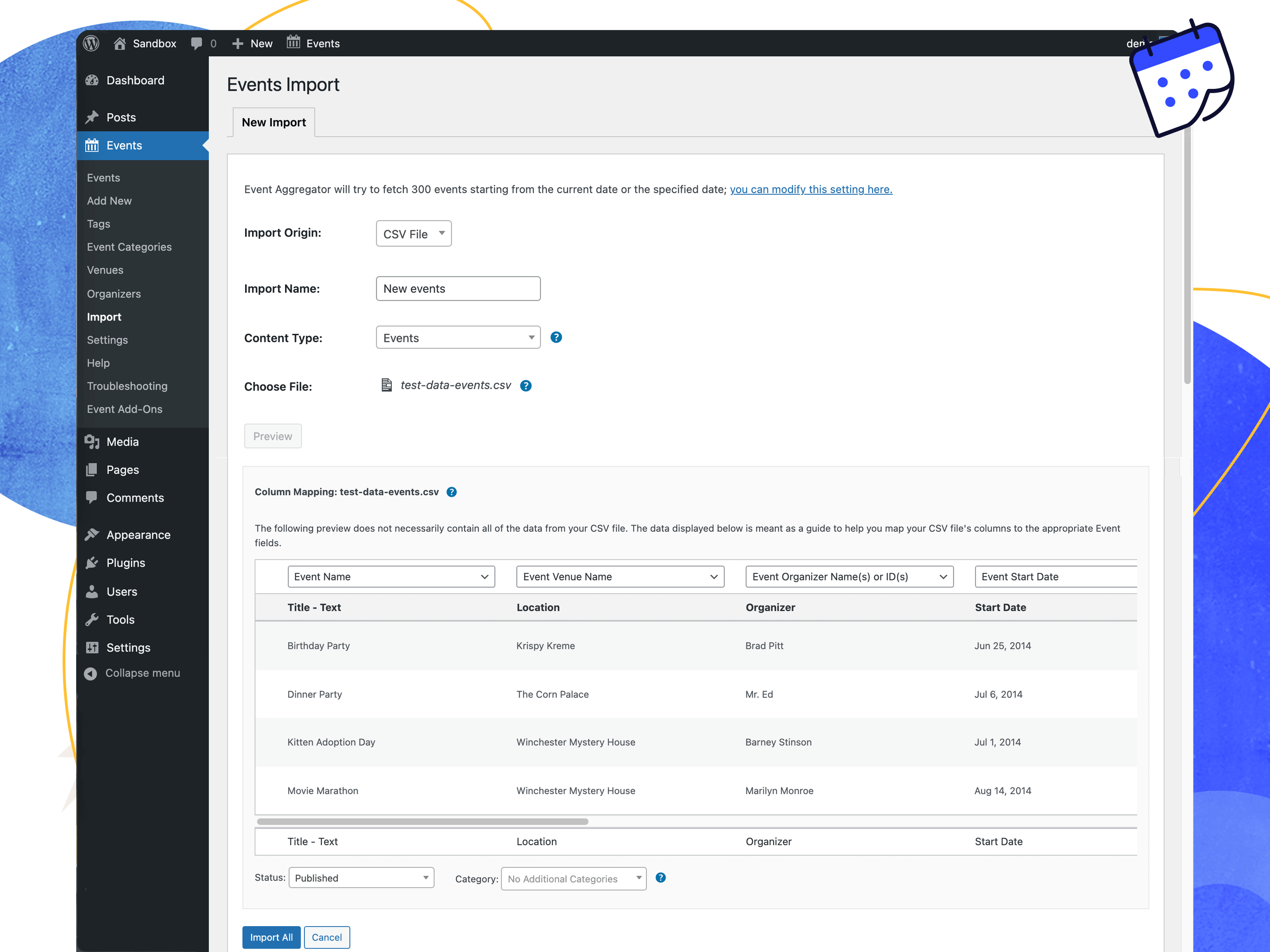 The Events Calendar – WordPress plugin22 dezembro 2024
The Events Calendar – WordPress plugin22 dezembro 2024 -
 NetBSD22 dezembro 2024
NetBSD22 dezembro 2024
você pode gostar
-
 Henry Cavill dá bronca em seguidores e manda a real sobre nova namorada22 dezembro 2024
Henry Cavill dá bronca em seguidores e manda a real sobre nova namorada22 dezembro 2024 -
 Eu não consigo criar a conta na steam, como eu crio a conta? - Comunidade Conta do Google22 dezembro 2024
Eu não consigo criar a conta na steam, como eu crio a conta? - Comunidade Conta do Google22 dezembro 2024 -
 CapCut_Earned It By The Weeknd22 dezembro 2024
CapCut_Earned It By The Weeknd22 dezembro 2024 -
 Angry Birds Epic:The Corruption Of The Devils, Angry Birds Fanon Wiki22 dezembro 2024
Angry Birds Epic:The Corruption Of The Devils, Angry Birds Fanon Wiki22 dezembro 2024 -
Chelsea maintain their Turf Moor tradition, News, Official Site22 dezembro 2024
-
 Spirit Tomb Shuts down all V abilities from the bench. How dead is mew now? : r/pkmntcg22 dezembro 2024
Spirit Tomb Shuts down all V abilities from the bench. How dead is mew now? : r/pkmntcg22 dezembro 2024 -
 Wise Mystical Tree Tree GIF - Discover & Share GIFs - Tenor22 dezembro 2024
Wise Mystical Tree Tree GIF - Discover & Share GIFs - Tenor22 dezembro 2024 -
ก่อนเปย์ The Sims 4 - The Sims Thailand22 dezembro 2024
-
 Cheguei em uma certa idade que nada mais Raphael Capone - Pensador22 dezembro 2024
Cheguei em uma certa idade que nada mais Raphael Capone - Pensador22 dezembro 2024 -
 First Impressions: Absolute Duo (Winter 2015)22 dezembro 2024
First Impressions: Absolute Duo (Winter 2015)22 dezembro 2024
